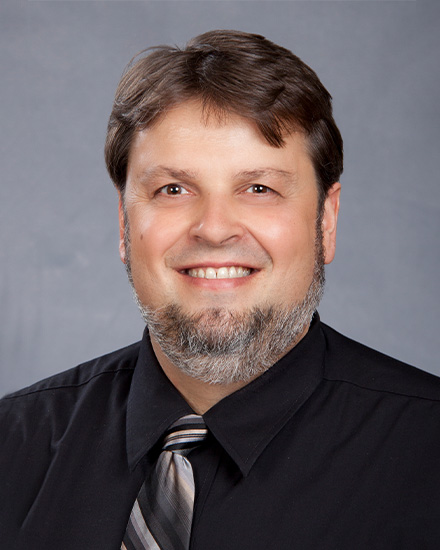
Roles
Professor of Clinical Radiation Oncology
-
Biography
I obtained a MS degree from Sofia University, Bulgaria in 1996. In 2003 a received a PhD in Theoretical Astrophysics from the University of Toledo in Toledo, Ohio. Following my graduate studies from 2003 to 2006 I was a postdoctoral associate at the Department of Radiation Oncology at Virginia Commonwealth University. After finishing my postdoctoral studies, I obtained a Medical Physics position as an Assistant Professor at the University of Arkansas for Medical Sciences in Little Rock, Arkansas. During my work at the University of Arkansas for Medical Sciences I was board certified in Therapeutic Medical Physicist in 2009. Later in 2009 I moved to Rhode Island, where I joined Warren Alpert Medical School at Brown University as an Assistant Professor, as well as University of Rhode Island as an Adjunct Assistant Professor. Since 2013 I have been in the University of Miami Miller School of Medicine as an Associate Professor, with a dual appointment as an Adjunct Associate Professor at the University of Miami Biomedical Engineering. In 2023 I obtained a Professorship of Radiation Oncology at the University of Miami Miller School of Medicine. During my entire career I have been continuously striving for excellence in clinical services and patient care. In addition, I have complimented my clinical work with significant commitment to academics .I have been involved in research, and later in teaching as faculty member at different institutions. My academic endeavors and teaching duties span different aspects of General Physics, Medical Physics, and Radiation Oncology. -
Education & Training
Education
Post Graduate Training
Licensures and Certifications
-
Teaching Interests
I teach didactic course for Radiation Oncology and Medical Physics residents. I also teach in our CAMPEP accredited Medical Physics MS/PhD program which is jointly managed by the Department of Biomedical Engineering and Radiation Oncology at University of Miami. Additionally, I mentor PhD candidates in our program. My current teaching interests revolve around dosimetry and in particular all aspects of dose calculation and optimization algorithms as part of our didactic resident’s course. In addition, I have been teaching the “Journal Club” in our Medical Physics MS/PhD program since its inception in 2013. This is high-level course aiming to educate and inform students in the latest technological, biological, and clinical developments in the fields of Medical Physics, Radiation Biology, and Radiation Oncology. This course has a broad aim to educate the future medical physicist to comprehend scientific writing as well as to be able to summarize it and present it to a broad audience. Those somewhat specific and non-traditional skills are supposed to facilitate students in obtaining their degrees as well as to have more prolific academic and clinical careers down the road. -
Research Interests
My physics background is in radiation transport theory, Monte Carlo modeling, image processing, and theoretical and numerical simulations. My strongest expertise in Radiotherapy is rooted in computational Radiation Oncology. I have developed models for beam shaping and patient support devices, which have direct impact on the accuracy and the validity of radiotherapy dose calculations and treatment plan optimization. I have substantial experience with modeling of intensity modulated radiotherapy. I have developed a framework for the utilization of tissue density information in the inverse optimization process of radiotherapy treatment planning. Arguably, this was the first applications of quantitative medical imaging information directly in the radiotherapy inverse optimization process, where the explicit CT-based intensity information is incorporated in the optimization cost functions. Recently I have switched my research focus toward comprehensive treatment approach for cancer. In particular, my interests are geared toward leveraging the combination of radiation with systemic therapies where not only local, but also disseminated disease can be targeted. Of particular interest is the so called abscopal effect where the effects of radiation extend beyond the localized treatment site. It is hypothesized that the abscopal effect is immune-mediated phenomenon and with the advent of modern immunotherapies for cancer the mechanisms and the understanding of abscopal response become very relevant. The hope is that it will allow tackling of metastatic disease which currently is almost untreatable and patients with that diagnosis have a very dismal prospects. -
Publications
Disclaimer: The information presented in this section has been consolidated using AI and machine learning technologies. While every effort has been made to ensure accuracy, errors may occur. If you identify any inaccuracies, please use this link to inform our data team. Your feedback is greatly appreciated and helps us improve the quality of our content.
-
Professional Activities
No result found

